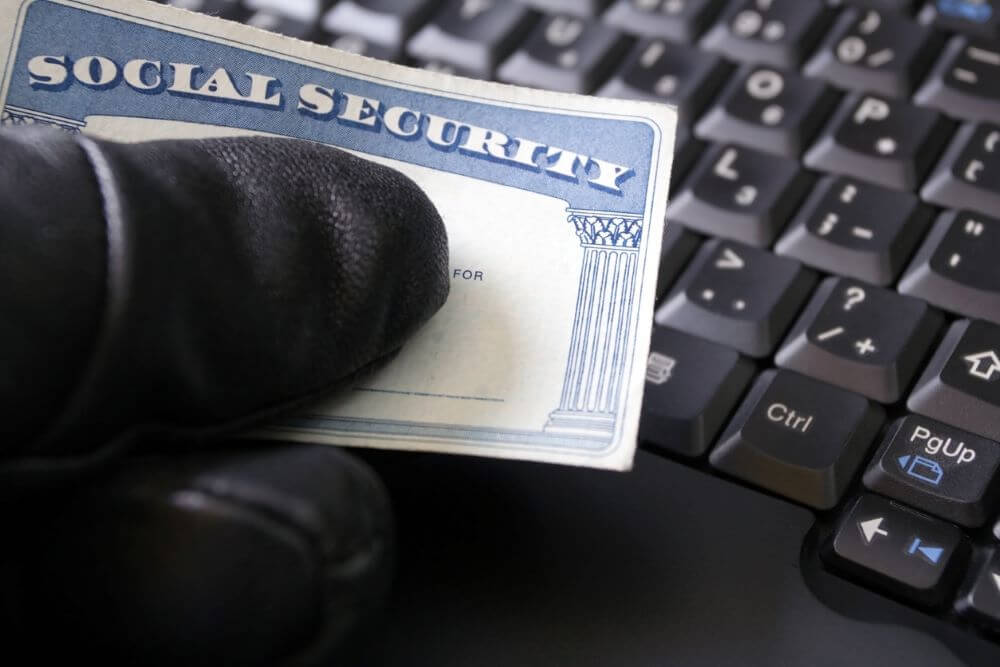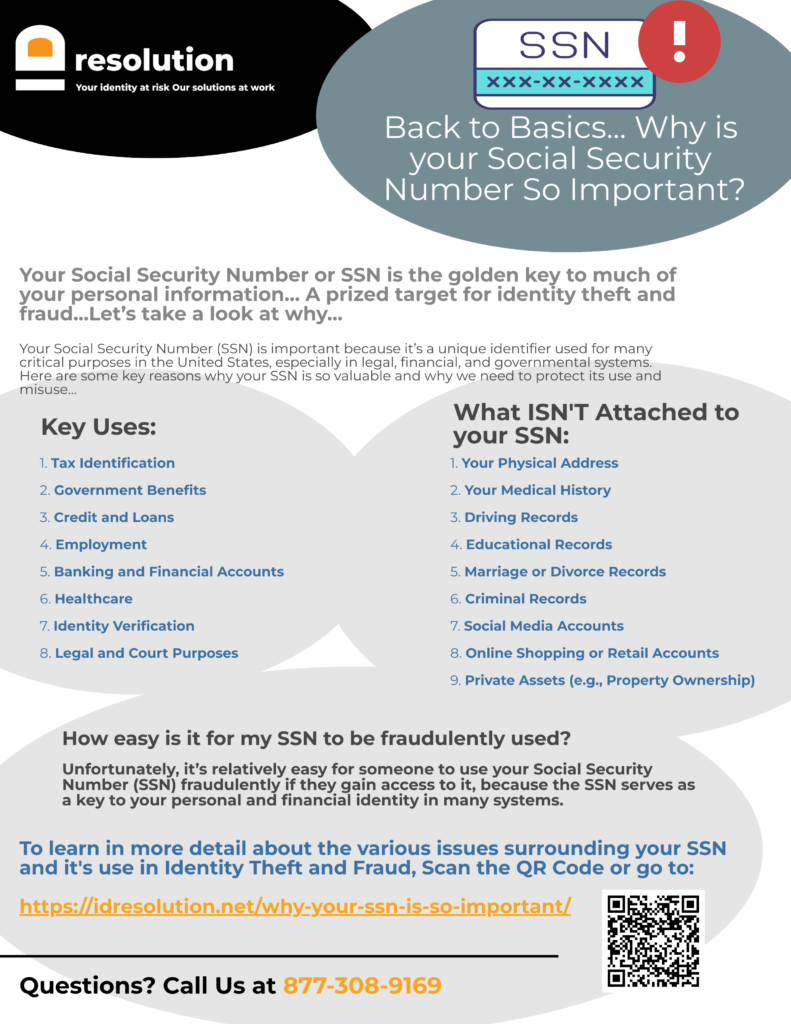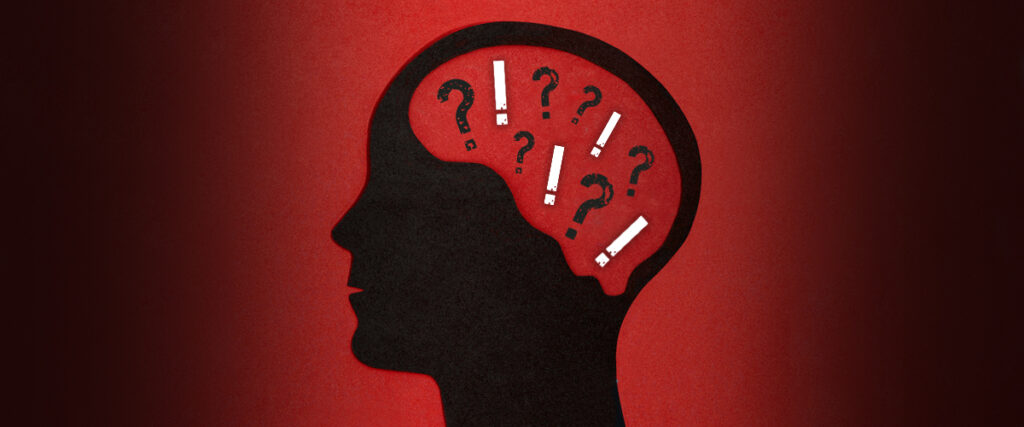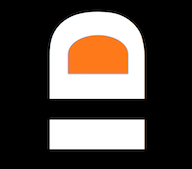
Your Social Security Number or SSN is the golden key to much of your personal information… A prized target for identity theft and fraud…Let’s take a look at why…

Let’s get back to basics and look at what our SSN is, does, what’s attached to it, and what’s not!
Your Social Security Number (SSN) is important because it’s a unique identifier used for many critical purposes in the United States, especially in legal, financial, and governmental systems. Here are some key reasons why your SSN is so valuable and why we need to protect its use and misuse…
1. Tax Identification
The SSN is used by the IRS to track your earnings and ensure that you pay taxes. Every time you file a tax return or receive income, it’s tied to your SSN.
2. Government Benefits
Your SSN is essential for receiving Social Security benefits, such as retirement or disability payments. It’s also needed for other government services like Medicare or unemployment benefits.
3. Credit and Loans
When applying for credit cards, loans (like mortgages or student loans), or renting property, lenders and financial institutions use your SSN to pull your credit report, which determines your creditworthiness.
4. Employment
Employers need your SSN to report your wages to the IRS and to verify your eligibility to work in the United States. It also ensures that contributions to Social Security and Medicare are recorded correctly.
5. Banking and Financial Accounts
Many banks and financial institutions require your SSN to open accounts or provide services. It helps them track your financial history and report income to the IRS.
6. Healthcare
Healthcare providers may use your SSN for identity verification and insurance purposes. It’s also used by Medicare and other government health services.
7. Identity Verification
Because it is unique to each individual, the SSN is widely used for identity verification across various sectors. This makes it critical for accessing services, but it also means that identity theft can be particularly harmful if your SSN is stolen.
8. Legal and Court Purposes
Your SSN may be needed in legal matters such as lawsuits, child support arrangements, or other court-related issues, where proper identification is crucial.
Is a SSN Tied to a Birth date?
Yes, a Social Security Number (SSN) is indirectly tied to your birth date, but not encoded within it. When you apply for an SSN, your birth date is part of the application process, and the Social Security Administration (SSA) keeps this information linked to your SSN. This allows various institutions to verify your identity by checking your SSN along with your birth date.
However, the SSN itself does not contain or reveal any information about your birth date. The number used to be geographically coded based on where the SSN was issued, but the SSA switched to a randomized system in 2011 to prevent fraud and make numbers less predictable.
In summary, while your birth date is linked to your SSN in government records, the SSN itself doesn’t include your birth date.
Because of its wide use across so many areas, keeping your SSN secure and protecting it from fraud or misuse is extremely important.
To download our PDF to share click on the button. Visit the “Useful Stuff” area of our website for more related topics and information
What is NOT attached to your SSN…
1. Your Physical Address
- Your SSN itself is not directly tied to your current or past physical addresses, although certain organizations may associate them. For instance, credit agencies and financial institutions might link your address to your SSN in their records, but the Social Security Administration (SSA) does not maintain address records except for specific benefit purposes.
2. Your Medical History
- Medical records and health information are not tied to your SSN unless it is used for insurance purposes or medical billing. However, some healthcare providers may request your SSN for identification, but it is not part of your core SSN record with the SSA.
3. Driving Records
- Your SSN is not inherently tied to your driver’s license or driving records. These are maintained by state departments of motor vehicles (DMVs) and are tracked separately.
4. Educational Records
- Your academic records, degrees, and school enrollment are not directly tied to your SSN. Educational institutions may use a different identification number, although some may ask for your SSN during enrollment or for financial aid purposes (e.g., FAFSA).
5. Marriage or Divorce Records
- Your marital status, including marriage or divorce records, is not directly attached to your SSN. These records are typically maintained by county or state authorities where the events occurred.
6. Criminal Records
- Criminal records, including arrests, convictions, or parole status, are not inherently linked to your SSN. Law enforcement agencies may use a variety of identifiers, including your name, fingerprints, or other personal details, but your SSN is not the primary identifier in criminal databases.
7. Social Media Accounts
- Your SSN is not tied to any online accounts, including social media profiles. These accounts are typically connected to email addresses, phone numbers, or usernames.
8. Online Shopping or Retail Accounts
- Your SSN is not linked to online shopping or retail accounts, which are usually tied to email addresses, usernames, or credit card information.
9. Private Assets (e.g., Property Ownership)
- While your SSN might be used in financial processes related to property transactions (e.g., mortgages), your home, car, or other private assets are not inherently linked to your SSN in public records. Property records are typically managed at the county or state level.


How easy is it for my SSN to be fraudulently used?
Unfortunately, it’s relatively easy for someone to use your Social Security Number (SSN) fraudulently if they gain access to it, because the SSN serves as a key to your personal and financial identity in many systems. Here are some common ways it can be misused and why it’s important to protect it:
1. Identity Theft
Once someone has your SSN, they can pretend to be you. They may open credit cards, take out loans, or rent apartments under your name. If they don’t pay the bills, it will damage your credit score, leaving you with debt and legal issues to resolve.
2. Tax Fraud
Thieves may use your SSN to file fraudulent tax returns to claim refunds. You might not discover this until you file your legitimate return and the IRS informs you that a return has already been filed using your SSN.
3. Employment Fraud
Someone can use your SSN to get a job, and their earnings will be reported under your SSN. This can cause problems with the IRS, as it may look like you failed to report all your income, potentially triggering an audit or additional taxes.
4. Healthcare Fraud
A criminal could use your SSN to obtain medical services, which can lead to inaccurate medical records in your name. This could also leave you with bills for services you didn’t receive.
5. Government Benefits Fraud
Someone could use your SSN to claim unemployment benefits, Social Security payments, or other government assistance programs under your name. This could delay or deny you legitimate benefits when you need them.
Common Signs of SSN Fraud…
- Unexpected Credit Card or Loan Accounts:
- You might notice new credit cards, loans, or accounts opened in your name that you didn’t apply for. This will often show up on your credit report or through statements from unfamiliar accounts.
- Changes in Your Credit Score:
- A sudden drop in your credit score could indicate that someone has used your SSN to take out loans or credit cards and isn’t making payments.
- Calls or Letters from Debt Collectors:
- If you start receiving calls or notices from debt collectors about debts that don’t belong to you, this is a major red flag of SSN fraud.
- IRS Notices of Duplicate Tax Returns:
- If someone uses your SSN to file a fraudulent tax return, you may receive a notice from the IRS stating that more than one tax return was filed in your name or that you owe taxes for income you didn’t earn.
- Unfamiliar Medical Bills:
- If someone uses your SSN to obtain medical care, you may start receiving bills for treatments or services you never received.
- Social Security Benefits Issues:
- If someone is fraudulently using your SSN to collect benefits, such as unemployment or Social Security, you might be denied benefits or receive notices that you’ve already applied for services you didn’t request.
- Job Offers or Employment Records:
- If your SSN is used by someone to get a job, you may receive offers for jobs you didn’t apply for, or discrepancies might show up in your Social Security earnings report.

